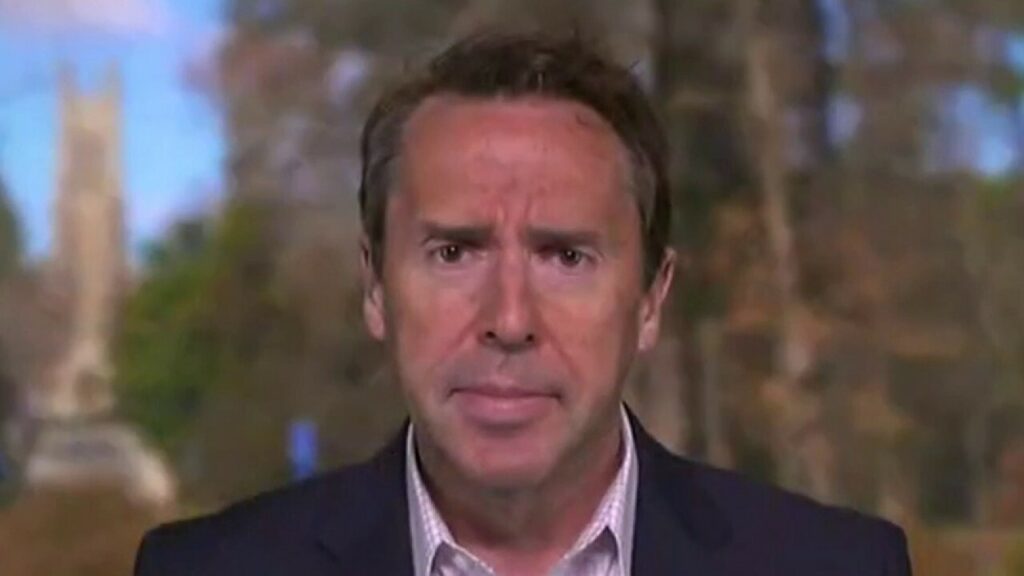
Mark Walker’s transition from a career Music and Arts Minister at Lawndale Baptist Church to a figure consistently shifting within the political arena raises important questions about his dedication and effectiveness as a public servant. His six-year tenure in Congress, marked by a lack of substantial achievements, and subsequent political maneuvers, including a broken term limits pledge, paint a picture of a politician more focused on personal ambition than public service.
Challenges for Pastors Transitioning to Political Leadership in Foreign Policy Arenas: While a pastor may possess commendable qualities like empathy and communication skills, there are specific challenges in translating pastoral experience into effective political leadership, especially in complex areas like foreign policy. Pastors traditionally focus on spiritual and community matters, which might not equip them with the necessary expertise in international relations, geopolitical dynamics, and strategic defense considerations crucial for navigating the intricacies of foreign policy. Their experience, often localized and community-centered, may not provide the broad, global perspective needed to understand and address international issues. Additionally, the pastoral approach, which is predominantly conciliatory and non-confrontational, might not always align with the assertive and sometimes aggressive stance required in international diplomacy and defense. The lack of direct experience in dealing with other nations’ leaders, understanding international trade, managing crises, and national security issues could be a significant hindrance. In the current global context, where foreign policy demands not just good intentions but also strategic acumen and a deep understanding of global affairs, a pastor without substantial exposure to these realms may face considerable challenges in being an effective political leader.
Walker’s Congressional Tenure: During his time in Congress, Walker struggled to make a significant legislative impact. This lack of substantive accomplishments is concerning, especially given his initial promise to bring change and effective representation to his constituents.
The Term Limits Pledge and its Break: Walker’s commitment to term limits was once a key aspect of his political identity, signaling a commitment to fresh leadership and accountability. However, his decision to re-enter the political race contradicts this pledge, suggesting a shift in his priorities from serving the public to pursuing a prolonged career in politics.
A Series of Failed Political Bids: Walker’s political journey post-Congress has been a tumultuous one. His unsuccessful run for the Senate, followed by a withdrawal from a Congressional race against Democrat Kathy Manning and an attempt to run for North Carolina Governor, demonstrates a pattern of indecision and inconsistency. Each of these moves reflects a politician in search of a role, rather than a leader with a clear vision for his constituents.
Seeking a Career in Politics Over Public Service: Walker’s latest bid to re-enter Congress, especially in a district where he doesn’t reside, is indicative of a desire to remain in the political limelight rather than a commitment to specific community needs. This desire for a political career, seemingly at any cost, undermines the principle of representing the interests and values of one’s constituents.
Mark Walker’s journey from a music minister to a career politician is fraught with political flip-flops, unfulfilled promises, and a lack of significant legislative achievements. His actions raise valid concerns about his commitment to the values he once espoused and his effectiveness as a public servant. For the voters of NC District 6, these revelations are crucial in assessing his suitability for representing their interests in Congress.
As voters, it’s vital to critically evaluate the track record of our elected officials and candidates. The story of Mark Walker serves as a reminder of the importance of consistent, dedicated, and effective public service. Let’s ensure our voices are heard and our votes go to candidates who genuinely represent our interests and uphold the integrity of their commitments.